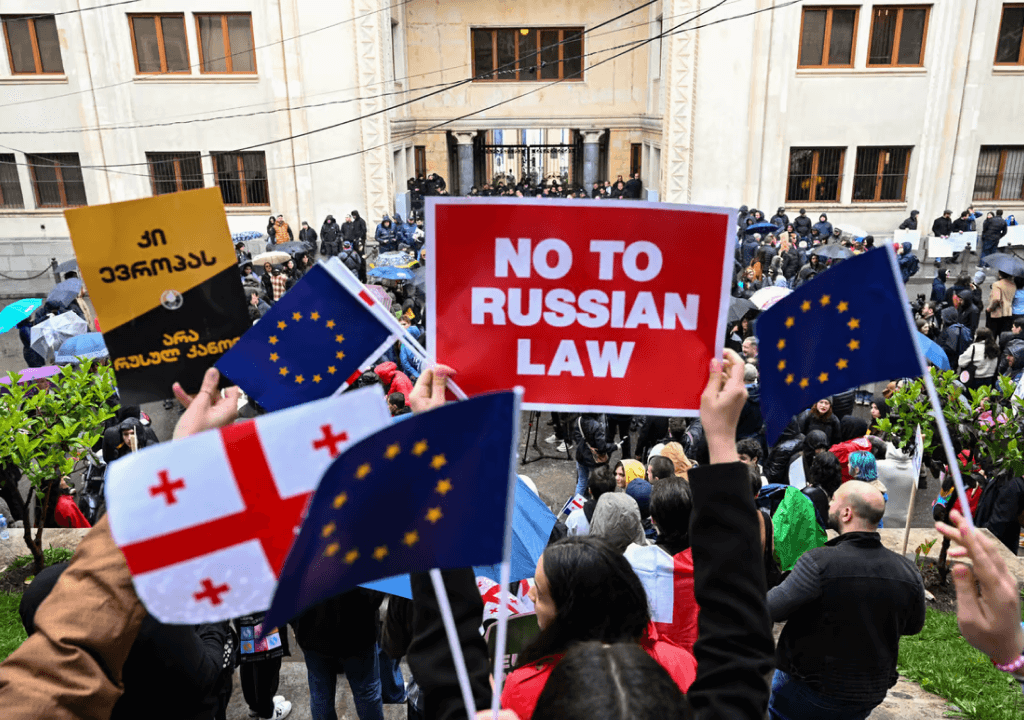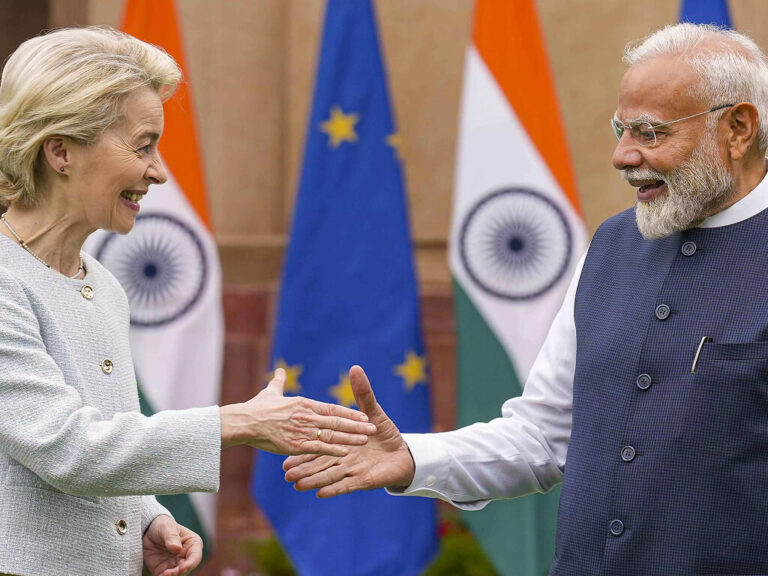It is dubious that, while people in Georgia aspire to European integration, politicians are not taking significant action toward this goal. Instead, they are drafting laws like the foreign agents bill, which make the country increasingly authoritarian and similar to Russia in terms of governance and media control. This situation is largely attributed to the significant business ties between Georgian politicians, businesspeople, and their Russian counterparts. Although Georgia was expected to align with Ukraine, given its own loss of substantial territory to Russia in the 2008 war, it is now accused of circumventing Western sanctions imposed due to Russia’s war with Ukraine – an accusation that could jeopardize Georgia’s European aspirations.
The investigative outlet iFact recently published an article revealing troubling patterns. Journalists posing as parties interested in shipping dual-use goods to Russia found that sending items like drones and computer processors faced few obstacles. The report acknowledged existing inspection protocols designed to prevent illicit goods from crossing the Georgia-Russia border but pointed out that the effectiveness and thoroughness of these checks can vary. Moreover, couriers could potentially bypass Georgian restrictions by routing goods through Azerbaijan, Armenia, or Central Asian countries before reaching Russia. This pattern suggests that such circumvention is unlikely to occur without some level of cooperation from Georgian authorities.
Georgian government officials have yet to directly address the report published earlier this month. Instead, their focus has shifted to other allegations linking them to Russia. Recently, the ruling Georgia Dream party has been preoccupied with damage control following an August 9 OCCRP investigation into the property holdings of Honorary Chairman Bidzina Ivanishvili’s family in Russia. Georgia’s Revenue Service has rejected the report, claiming that this is not the first instance of investigative journalists making baseless accusations about uncontrollable entry of sanctioned goods into Georgia and their subsequent export to Russia. Georgian Dream Party leaders have previously denied allegations that Georgia facilitates the shipping of sanctioned goods to Russia, citing a lack of conclusive evidence. Former Prime Minister Irakli Garibashvili asserted in June 2023 that the government is absolutely transparent and declared with full responsibility that no evidence has been presented showing that Georgia has helped anyone evade sanctions. However, this claim remains hard to believe.
Georgia has not joined Western nations in sanctioning Russia since the full-scale invasion of Ukraine in 2022, citing concerns that such measures would severely impact its economy. Businesses often exploit loopholes to circumvent sanctions, a tactic historically common through rerouting trade via allied or neighboring countries. Georgia has been accused of such practices, along with other countries close to Russia like Kyrgyzstan, despite its recent protests against Russia and aspirations for EU membership.
Georgian leaders insist that the country is not being used to bypass Western sanctions. However, dual-use goods, such as certain mechanical and electronic components, are among Georgian exports to Russia, despite limited production capacity in Georgia. iFact’s report suggests that the presence of these goods indicates exploitation of legal loopholes and logistical routes to support Russia’s war effort. While some argue that sanctions circumvention is minimal, as shown by trade data, and that stricter restrictions could harm Georgia’s economy, others believe that Georgian authorities, closely linked with Russia, are deceiving both Western nations and their own citizens for business interests.








